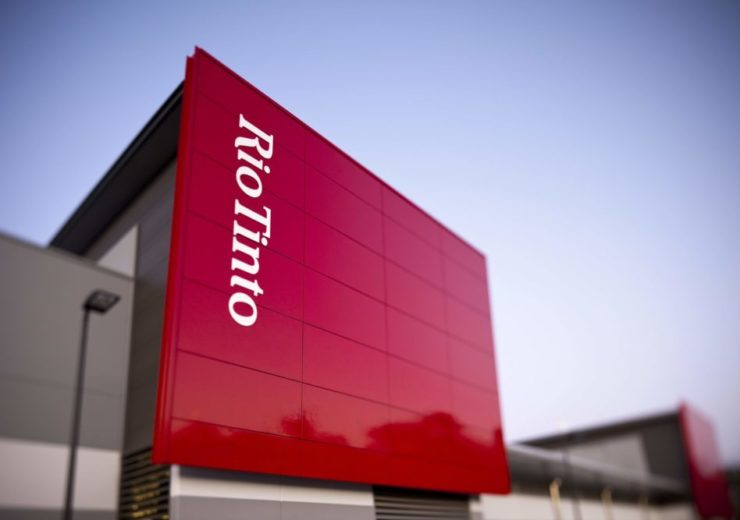The mining company expects the ISAL aluminium smelter to remain unprofitable in the short to medium term owing to its uncompetitive energy costs and low aluminium prices

Jakob Stausholm will replace outgoing Rio boss Jean-Sébastien Jacques, who announced he was stepping down in September (Credit: Rio Tinto)
Rio Tinto is set to launch a strategic review of its ISAL aluminium smelter in Iceland after deeming it to be unprofitable amid the challenging conditions faced by the aluminium industry.
The mining company said that the review will determine the ongoing viability of the smelter.
Furthermore, Rio Tinto said that it will explore options to boost the competitive position of the ISAL smelter. All options are expected to be considered by the miner including curtailment and closure of the smelter.
The review is targeted to be wrapped up in the first half of this year.
Rio Tinto expects the Icelandic smelter not to generate any profits in the short to medium term owing to its uncompetitive energy costs coupled with the traditionally low aluminium prices.
The mining company said that it will continue talks with the Icelandic government and Landsvirkjun, which provides the site with hydropower, on how the ISAL aluminium smelter can get back to profitability and become competent again in the global market.
Rio Tinto management comments on the ISAL aluminium smelter
Rio Tinto aluminium chief executive Alf Barrios said “We have worked intensively to improve ISAL’s performance, however it is currently unprofitable and cannot compete in the challenging market conditions due to its high power costs.
“Rio Tinto will review options for the smelter, with the aim of finding a solution for ISAL to become an economically viable business.
“ISAL makes a significant contribution to Iceland’s economy and we will work closely with stakeholders who have a shared interest in a strong future for the smelter, including the government, Landsvirkjun, employees, unions and the local community.”
The mining company said that it has already reduced production at the ISAL aluminium smelter to 85% of its capacity because of the lack of profitability.
Fully owned by Rio Tinto, the Icelandic aluminium smelter has a workforce of nearly 390 people. The ISAL aluminium smelter has been operating since 1969 and has the capacity to produce 212,000 tonnes per year of aluminium.
